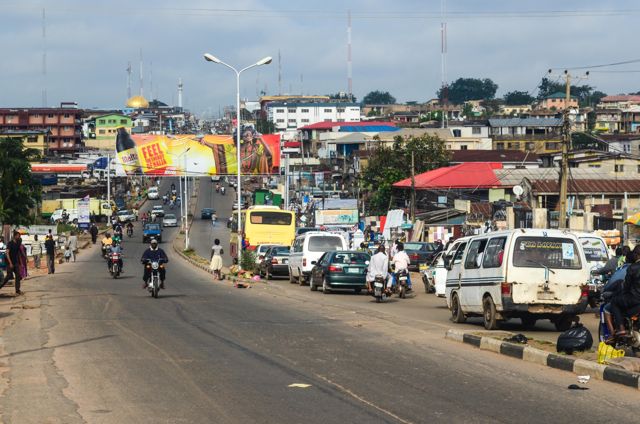The President, Major General Muhammadu Buhari (retd.), says it will be “grossly irresponsible” to borrow to subsidise electricity tariff amid the economic crunch caused by the lockdown occasioned by the COVID-19 pandemic.
He also said no provision was made for fuel subsidy in the Revised 2020 Budget, noting that about N1.7trn has been spent on tariff shortfalls to support the electricity sector since its privatisation.
The President, who spoke on Monday during his second-term First Year Ministerial Performance Review Retreat in Abuja, noted that under the new arrangement, only customers who get electricity for 12 hours and above per day would have their tariff increased.
Buhari had won his re-election in 2019 after defeating the opposition Peoples Democratic Party’s candidate, Atiku Abubakar, with about four million votes in the February 23 poll.
He had on August 21, 2019, constituted his second-term cabinet and had in August 2020 while marking one year since the inauguration of the cabinet listed 35 policies, programmes and projects as his second-term achievements.
The First Year Ministerial Performance Review Retreat focuses on examining the performance of the ministers and other officials in the President’s cabinet.
Buhari, who is attending the 57th Ordinary Session of the Economic Community of West African States Authority of Heads of State and Government in Niger, was represented at the retreat by Vice President Yemi Osinbajo.
Speaking on Monday, the President said the government revenue had shrunk by 60 per cent due to the COVID-19 pandemic but the government was not considering borrowing to fund subsidy for electricity and petrol.
He said, “The COVID-19 has led to a severe downturn in the funds available to finance our budget and has severely hampered our capacity. One of the steps we took at the beginning of the crisis in March when oil prices collapsed at the height of the global lockdown was the deregulation of the price of premium motor spirit such that the benefit of the lower prices at the time was passed on to consumers.
“The effect of the deregulation is that pump prices of petrol will change with the changes in global oil prices. This means quite regrettably that as oil prices go higher, we could see some increases in pump price. This is what has happened now when global prices rose, it meant that the prices of petrol locally will also go up.



